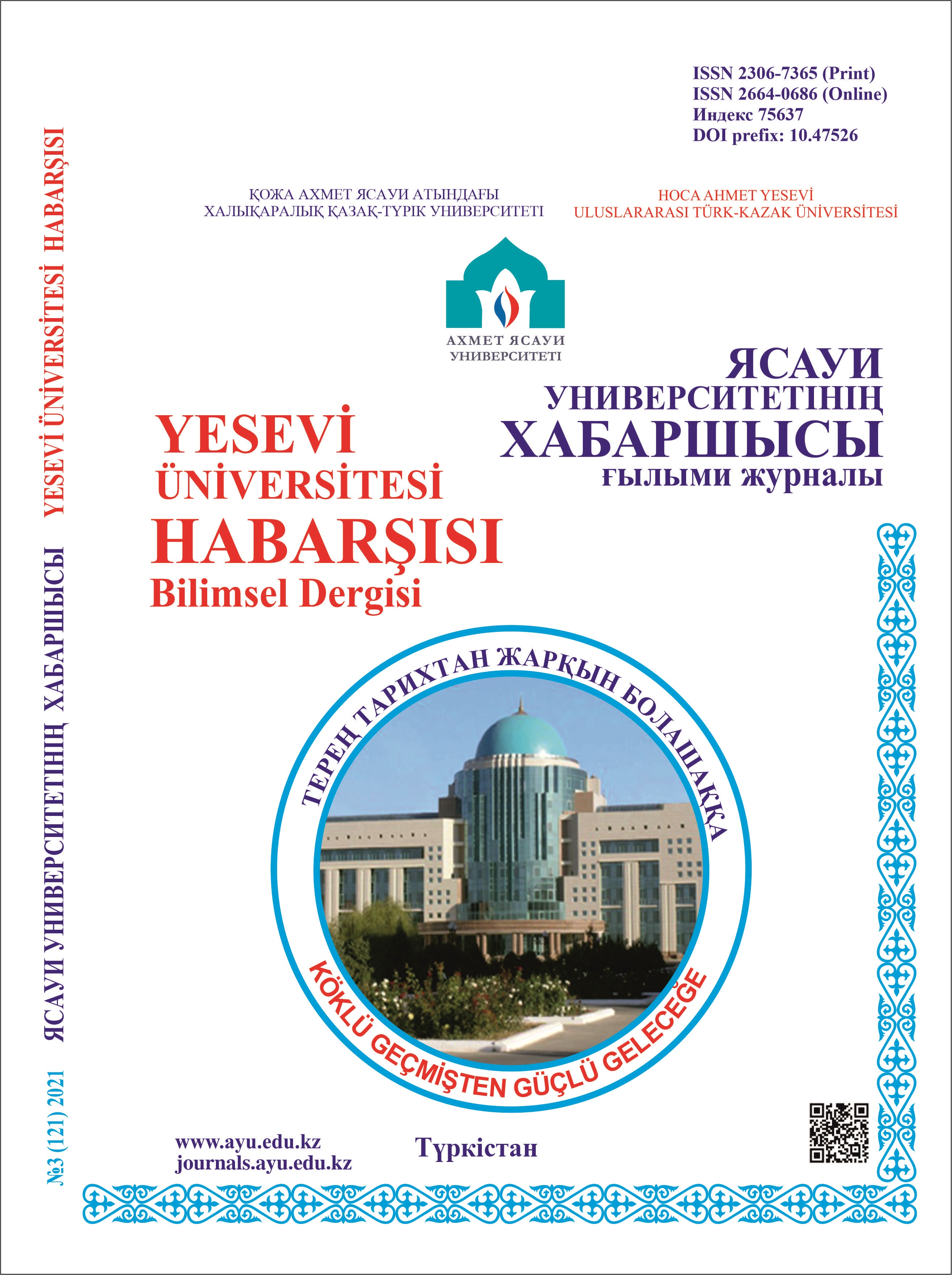HARNESSING THE POWER OF JOURNALING IN ENHANCING B2 ENGLISH LANGUAGE PROFICIENCY
233 172
Keywords:
journal writing, writing proficiency, reflective journal writing, dialogue journal writing, teaching strategies in foreign language education, fluency and accuracy, B2 English language proficiency.Abstract
The requirement for a more natural approach to writing is highlighted by the younger generation's perception of writing as complicated, overpowering, and occasionally irrelevant—especially among those who write in a foreign language. This study looked at journal writing as a potential remedy for this problem, with or without an audience. The paper explores the impact of journal writing on the language proficiency of B2-level English language learners. Employing a mixed-methods approach, the research combines quantitative data from language proficiency tests and qualitative insights from learners’ journal entries and interviews. Conducted quantitative analysis revealed a significant increase in language proficiency among the journaling group, with notable improvements in writing fluency, vocabulary usage, and overall language scores. Pre- and post-intervention tests showed an increase in mean composite scores, with a statistically significant difference. Qualitative data underscored the benefits of journaling in enhancing self-expression, reflective practice, and confidence in language use. The study concludes that keeping journal is an efficient teaching instrument for improving language proficiency in B2-level learners. It enhances linguistic skills such as fluency and accuracy, fosters critical and creative thinking skills, self-awareness, and learner autonomy as well. The findings point to the incorporation of journaling in language learning curricula, which may have a significant positive impact on language acquisition. Future research is recommended to explore long-term impacts, the effectiveness of journaling in diverse learning environments, and comparison with other methodological approaches. This research contributes to the understanding of journal writing as a multifaceted tool in language education, highlighting its potential in enhancing both the cognitive and affective domains of language learning.
References
REFERENCES
Hamp L., Heasley B. Study Writing: A Course in Written English for Academic Purposes Study Skills. – Cambridge University Press, 2006. – 79 p.
Jannah D.M. et.al. Improving students’ writing skill through reflective journal: a study at a senior high school in Aceh // Humanities & Social Sciences Reviews. – 2020. – №8 (3). P. 221–230. https://doi.org/10.18510/hssr.2020.8323
Spaventa S. Essay Writing. – Cambridge: Cambridge University Press, 2000. – 168 p.
Hashemi M., Mirzaei M. Journal writing in the language classroom: Reflective practice and its benefits // Journal of Language Teaching and Research. – 2015. – Vol. 6 (1). – P. 104–111.
Casanave C.P. Journal writing in second language education: Fostering reflective practice and critical thinking // The Language Teacher. – 2011. – Vol. 35(4). – P. 23–25.
Miller J. Inscribing Identity: Insights for Teaching from ESL Students' Journals // TESL Canada Journal. – 2007. – Vol. 25(1). – P. 23–40. https://doi.org/10.18806/tesl.v25i1.106
Parrikal L., Said N. The Use of Dialogue Journal Writing to Improve English Language Learners’ Writing Skill // International Journal of Management and Humanities. – 2020. – Vol. 4(9). – P. 177–185. https://doi.org/10.35940/ijmh.i0885.054920.
Rokni S. J. A., Seifi A. Dialog Journal Writing and its Effect on Learners’ Speaking Accuracy and Fluency // Study in English language teaching. – 2014. – Т. 2. – №1. – P. 28–37. https://doi.org/10.22158/selt.v2n1p28
Rana L. The Use of Dialogue Journals in an ESL Writing Class from Vygotskyan Perspective // Journal of Nelta Surkhet. – 2018. – Vol. 5. – P. 1–14. https://doi.org/10.3126/jns.v5i0.19481. 10. Murad T., Sakhnin Y.G., Assadi J. The effect of teachers' attitudes towards collaborative instruction on students' writing and speaking skills // Journal of Language Teaching and Research. – 2021. – Т. 12. – №3. – P. 343–351.
Liu J., Jeba J. Changing communicative purposes of academic journal writing in transition to multimodality // ESP Today: Journal of English for Specific Purposes at the Tertiary Level. – 2018. – Vol. 6(2). https://doi.org/10.18485/esptoday.2018.6.2.4 12. Dörnyei Z., Ushioda E. Teaching and Researching Motivation // TESL-EL. – 2021. – Vol. 16. – №2. – P. 265–270.
Thompson G., McKinley J. Integration of content and language learning. In: Liontas JI (ed), DelliCarpini M. (project ed), Abrar-ul-Hassan S. TESOL Encyclopedia of English Language Teaching (1st ed.). – Hoboken, NJ: Wiley, 2018. 14. Birjandi P., Tamjid N.H. The Role of Self-Assessment in Promoting Iranian EFL Learners' Motivation // English Language Teaching. – 2010. – Т. 3. – №3. – P. 211–220. 15. Dzhumanova L.S., Daribaeva A.E., Aitenova E.A. Activation of Motivation in Foreign Language Classroom // Iasaui universitetіnіn habarshysy. – 2024. – №3 (133). – B. 263–278. https://doi.org/10.47526/2024-3/2664-0686.91

